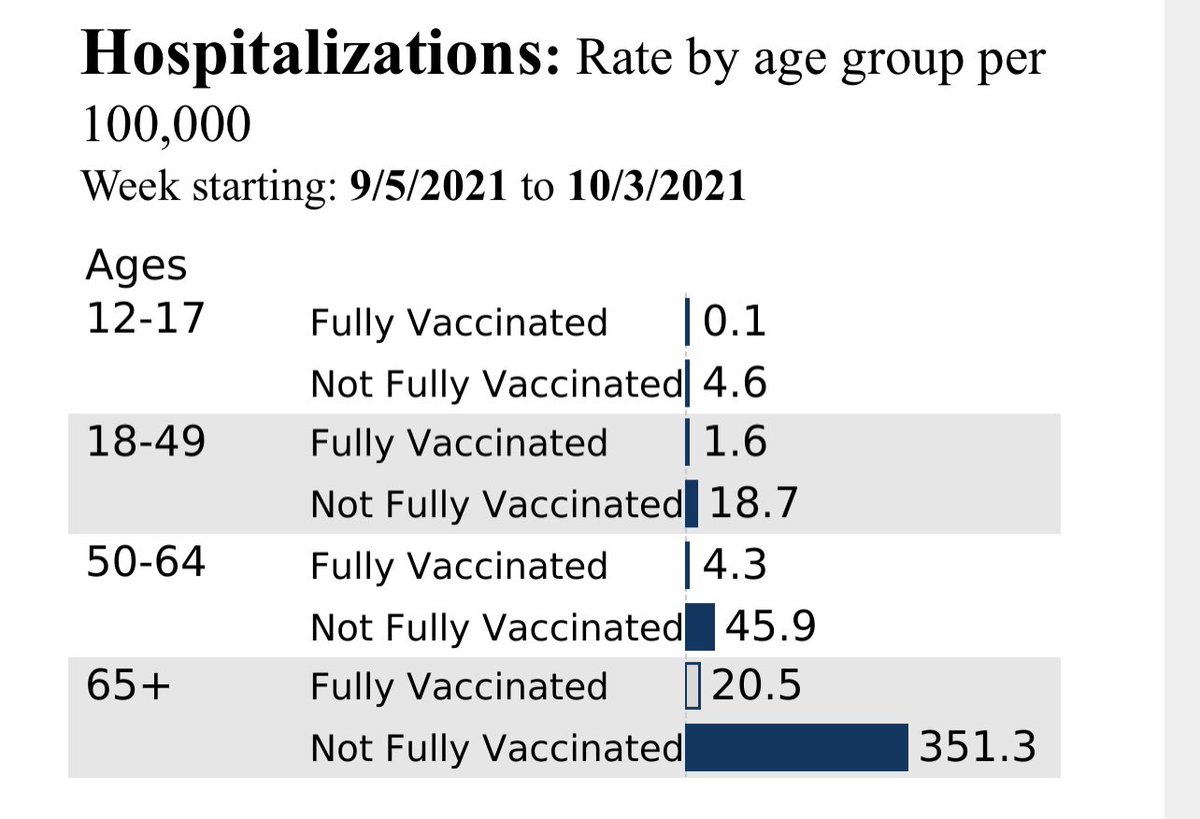
If prescription drug prices are very high and keep rising, if you reduce out of pocket costs for patients, premiums go up; if you reduce premiums, out of pocket costs for patients go up.
That's the truth.
That's the truth.
You cannot have a system that relies on the generosity of Pharma to keep prices affordable. They will keep increasing drug prices to meet targets as the law allows them to set the price and prevents Medicare from negotiating.
Lowering out of pocket costs is a band aid.
Lowering out of pocket costs is a band aid.
You cannot give monopoly protection for >10 years and have no way of negotiating either launch prices or price increases. Particularly when the product is life saving.
This is not rocket science. Every other developed country has figured it out. Our inability to figure it out affects negotiating power for everyone else.
If we don't figure it out, from insulin to Revlimid you will see the same story play out.
If we don't figure it out, from insulin to Revlimid you will see the same story play out.
So am I surprised by this story on Part B premiums? No. What else did you expect. google.com/amp/s/www.cnbc…
Regular insurance premiums will also go up.
More here from @RESachs
https://twitter.com/resachs/status/1459325031939510283
• • •
Missing some Tweet in this thread? You can try to
force a refresh










